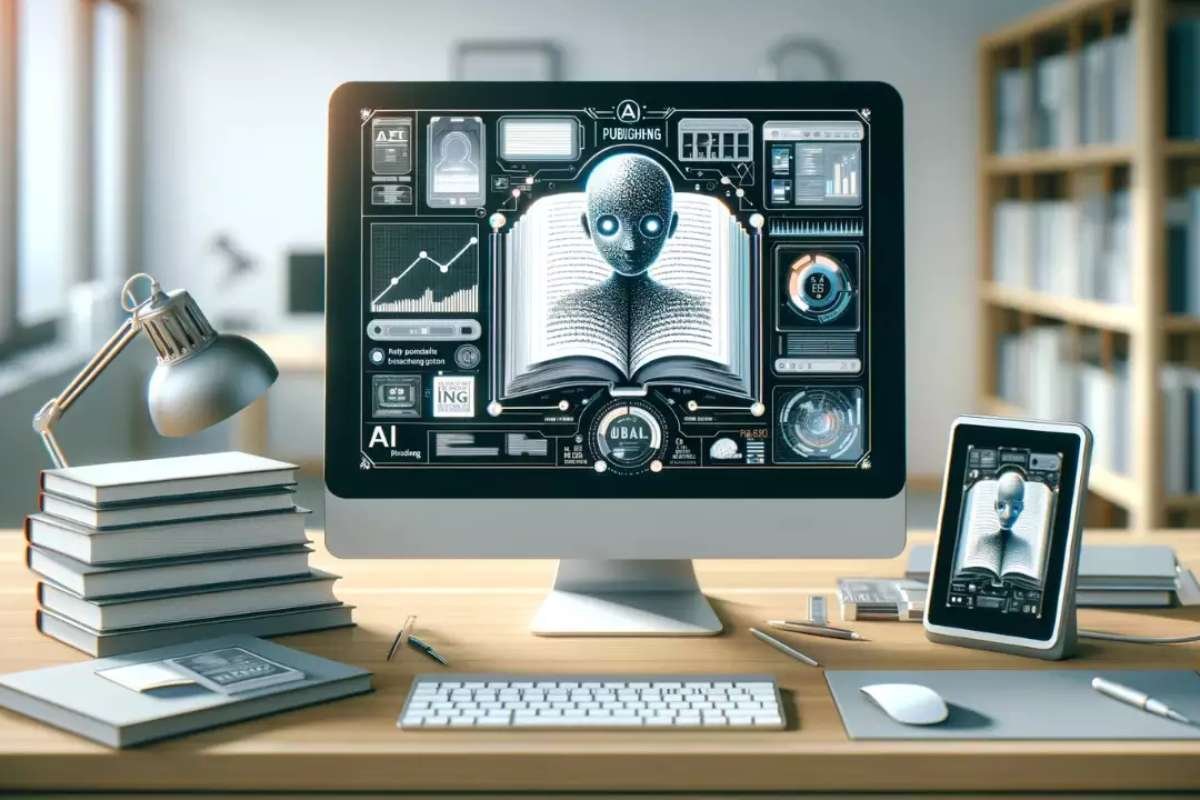A Personal Experience with AI-Generated Writing
For Christmas, a friend gifted me something that seemed both amusing and unsettling: a book titled Tech-Splaining for Dummies, complete with my name and photo on the cover. Upon reading, I discovered that the book, which claims to be a bestseller, was not written by me but was an example of AI-Generated Books. My friend Janet supplied a few prompts about me, and in return, an AI system churned out a lengthy, often humorous read.
While the book mimics my writing style and offers a few laughs, it suffers from repetitiveness, a meandering narrative, and bizarre elements, such as a mysterious mention of a cat I don’t own. It’s clear that the AI pulled from data about me available online, but it didn’t always get things right. Despite these quirks, it’s a fascinating glimpse into the capabilities of AI-generated content, especially as companies like BookByAnyone are making personalized AI books available for purchase.
AI’s Impact on Creative Industries
The development of AI tools capable of generating books, music, and art has sparked concern among creators worldwide. Artists, musicians, and writers worry about their intellectual property being used without consent to train AI models. AI-Generated Books are a part of this, as AI firms can analyze vast amounts of online content to learn styles and techniques, but this often includes content from creators who have not agreed to share their work.
As Ed Newton Rex, founder of Fairly Trained, points out, AI’s ability to generate creative works based on human creators’ output without compensation raises ethical issues. He emphasizes that AI can advance in fields like healthcare and defense without infringing on creators’ rights, yet industries like literature and music are being hit hardest by these practices. This concern has led to several legal disputes, particularly in the US, where lawsuits from entities like The New York Times and musicians over AI’s use of their content are mounting.
Legal and Ethical Challenges in AI Regulation
The legal framework surrounding AI-Generated Books and AI’s use of publicly available content is still in flux. In the UK, some organizations, like the BBC, have blocked AI firms from scraping their content for training purposes, while others, like the Financial Times, have opted to collaborate with AI developers. The UK government is exploring changes to copyright law to allow AI developers to use creators’ content unless the rights holders opt out.
However, this move has faced significant pushback, with figures like Baroness Kidron of the House of Lords arguing against undermining creative industries that generate millions of jobs and substantial economic value. Meanwhile, in the US, debates about AI regulation are intensifying under the new political climate. Former President Trump’s reversal of AI safety measures has left the future of AI governance uncertain, as lawsuits continue to target AI firms for using content without permission. As AI’s capabilities and influence expand, the industry faces growing scrutiny regarding its practices and potential for harm to creators.










